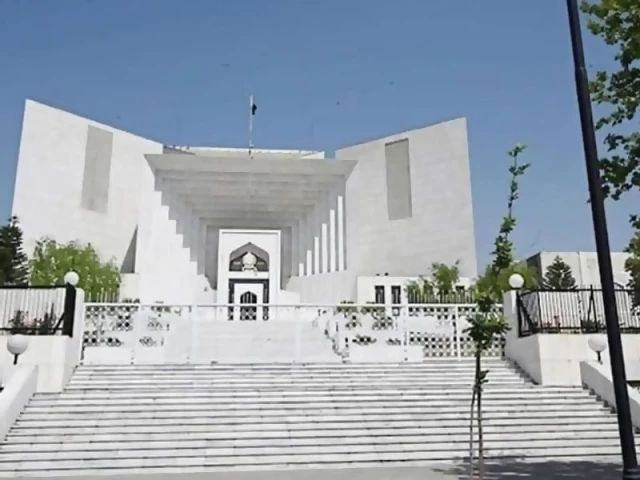NJPMC Approves Uniform Timelines for Civil and Criminal Case Disposal

ISLAMABAD:
The National Judicial Policy-Making Committee (NJPMC) has approved uniform timelines for the disposal of civil and criminal cases across Pakistan. The move is part of a new judicial regime aimed at ensuring speedy justice, reducing backlogs, and strengthening public trust in the justice system.
The decision was taken during the 54th NJPMC meeting, chaired by Chief Justice of Pakistan Yahya Afridi at the Supreme Court of Pakistan. The meeting was attended by the chief justices of all high courts, while Attorney General for Pakistan (AGP) Mansoor Usman Awan joined on special invitation.
Key Decisions from the 54th NJPMC Meeting
The NJPMC laid down specific deadlines for the disposal of different categories of cases. These timelines, ranging from 2 months to 2 years, will serve as Key Performance Indicators (KPIs) in judges’ performance evaluations.
The forum also endorsed the introduction of a double-docket court regime to further expedite hearings and strengthen judicial efficiency.
Timelines for Civil Cases
The committee prescribed clear deadlines for civil disputes:
- Declaratory suits (land disputes): 24 months
- Inheritance disputes: 12 months
- Injunction suits (land-related): 6 months
- Recovery suits (public revenue/money matters): 12 months
- Specific performance suits (contracts): 18 months
- Rent cases: 6 months
- Family suits (dissolution, dower, maintenance, guardianship): 6 months
- Succession cases (uncontested): 2 months
Execution Petitions
- Family court decrees: 6 months
- Banking court decrees: 12 months
- Civil court decrees: 12 months
- Rent matters: 3 months
Timelines for Criminal Cases
For criminal trials, strict deadlines were also approved:
- Juvenile cases (under Juvenile Justice System Act 2018): 6 months
- Trials with punishment up to 7 years: 12 months
- Trials with punishment over 7 years: 18 months
- Murder trials: 24 months
Mechanism Against Delays and Enforced Disappearances
The NJPMC emphasized the need for a comprehensive mechanism to ensure production of detainees before a magistrate within 24 hours, in line with constitutional rights and to curb enforced disappearances. The AGP assured that a mechanism would be prepared and presented in the next meeting.
Safeguarding Judicial Independence
The committee praised the high courts for developing Standard Operating Procedures (SOPs) to safeguard judicial independence but also directed the inclusion of stage-wise timelines—from complaint filing to final action.
Key measures include:
- Reporting extraneous influence within 24 hours.
- Concluding related actions within 14 days.
- Immediate redressal measures to protect the dignity of judges.
- Reporting mechanisms to the Chief Justice of Pakistan for necessary intervention.
Progress in Commercial Litigation Framework
The NJPMC appreciated high courts for progress in commercial litigation and recognized the Commercial Litigation Centre (CLC) initiative as a major reform.
To address delays in commercial, revenue, and fiscal cases, a sub-committee—headed by Justice Shafi Siddiqui and comprising judges from Lahore, Sindh, and Peshawar High Courts, along with the AGP and FBR Chairman—was formed to draft recommendations.
The committee will also examine issues related to Recognition and Enforcement of Foreign Arbitral Awards.
Model Courts and Prison Reforms
- Model Criminal Trial Courts established by SHC and PHC were appreciated for their role in ensuring timely justice.
- The Lahore High Court’s initiative of Model Civil Courts was endorsed, with directions to prioritize the oldest pending cases.
- NJPMC also discussed prison reforms, agreeing to share reports of provincial sub-committees and finalize a National Prison Policy in the next meeting.
Conclusion
By introducing uniform timelines and systemic reforms, the NJPMC has taken a significant step toward addressing Pakistan’s long-standing issue of judicial delays. These measures aim to bring consistency, efficiency, and transparency to the legal process while strengthening public trust in the judiciary.
The reforms highlight the judiciary’s commitment to making Pakistan’s justice system more citizen-centric, transparent, and accountable.
